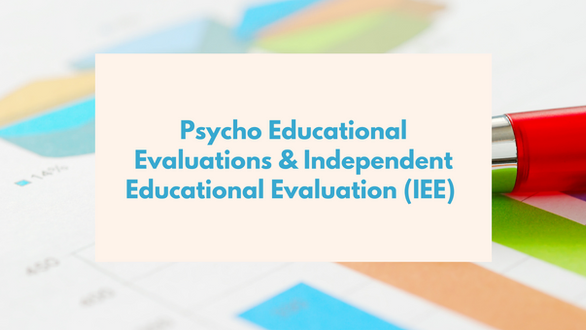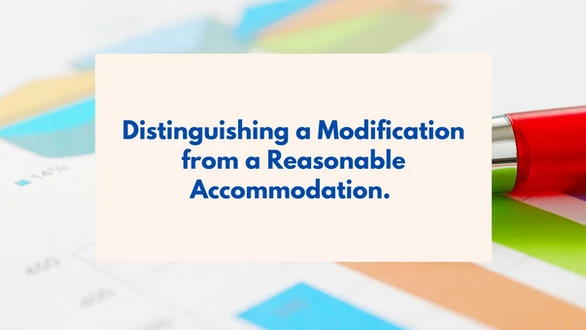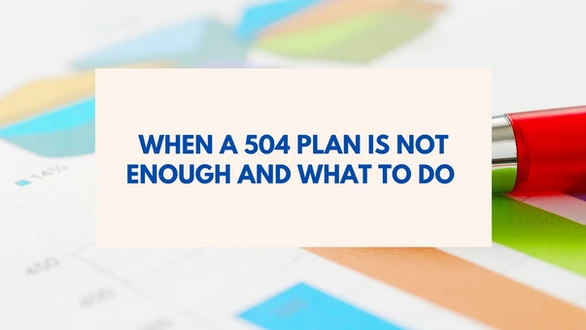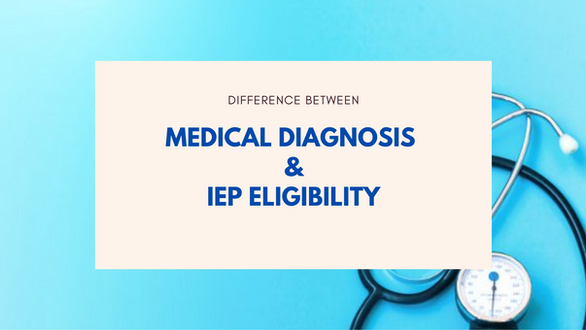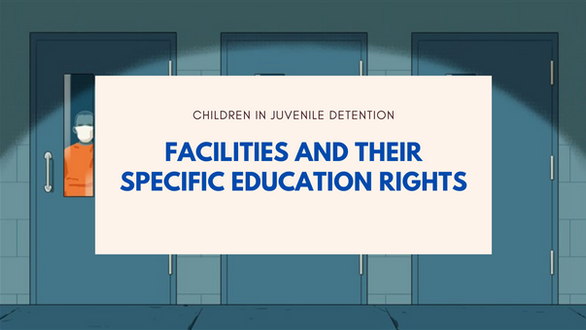INTRODUCTION
Children and adolescents with bona fide disabilities are entitled to a variety of academic and other supports through an Individualized Education Program (IEP) to assist them as they progress through the educational system. Before an IEP can be an initiated a District or Charter School (LEA) must perform a Psycho Educational Evaluation in all areas of suspected disability. Sometimes, however, children, even young children, may not invest their full effort during psycho-educational evaluations, producing invalid scores that interfere with accurate data interpretation and diagnosis. During psycho-educational assessments, examiners have typically relied on subjective judgments rather than objective validity tests to determine whether data are valid or not.
To give a better understanding of the entire process, this article examines some of the criteria for educational based psychoeducational assessments.
WHAT IS A LEARNING DISABILITY?
The term “Learning Disabilities” refers to a variety of disorders that affect the acquisition, retention, understanding, organization or use of verbal and/or non-verbal information. These disorders result from impairments in one or more cognitive and psychological processes creating a disparity with otherwise average abilities essential for thinking and reasoning. Learning disabilities are specific and not global impairments.
CRITERIA FOR INVALIDATING EDUCATIONAL BASED PSYCHOEDUCATIONAL ASSESSMENTS
In order to document a specific learning disability or other cognitive or processing disorder, a Psycho-Educational evaluation is required.
This documentation for students with learning disabilities must be in the form of a psycho-educational assessment report that conforms to established standards. If your child’s assessments does not follow these standards then it is invalid.
General requirements
- For an assessment to be valid, the assessor must be a registered psychologist or psychological associate provided by the school.
- The assessment must include a description of the procedures used for the assessment, including relevant contextual information. To be valid, there must also be evidence that appropriate psychometric testing has been employed, including instruments that have been validated against adult norms;
- Confirmation that a specific learning disability exists.
Test Scores
- A valid assessment reports must include actual test scores and/or percentiles for all standardized instruments administered during the assessment. Grade equivalents must be accompanied by standard scores and/or percentiles.
- To be considered valid, the interpretation of test scores must be grounded in psychological theory and empirical evidence that demonstrates a relationship between the test and what it purports to measure.
Content Evidence of Validity
- To be considered as valid, the test content must represent the targeted subject matter and support a its use for the intended purposes.
- The content used for the assessment must also be up to date and reflect the current standards. For instance, when a psychologist uses an older version of a test like a Woodcock Johnson or Wisc and there is a new version out, the assessment is invalid.
Information
- A valid assessment must include sufficient information to back up any diagnoses, conclusions, and recommendations (for example, multiple sources of data are used to arrive at a particular diagnosis) or to explain why a suspected diagnosis was not given.
- Documentation may also include recommendations as to the types of Academic Accommodations that might address a student’s specific disability-related needs. However, the IEP team ultimate decision-making authority as to which forms of Academic Accommodations may be granted based on the student’s functional limitations.
WHEN IS A PARENT ENTITLED TO AN IEE (INDEPENDENT EDUCATIONAL EVALUATION?)
If you, as a parent of a child with a disability, do not agree with the results of the psycho-educational assessment conducted by the school system, IDEA’s provisions regarding IEEs at §300.502 of its final regulations, gives you the right to obtain what is known as an Independent Educational Evaluation, or an IEE . This basically means that you may ask that a professional, competent assessor who is not employed by the school system conduct another assessment of your child.
If you request an IEE of your child, the school must provide you with information about where you can obtain such an evaluation. If they deny request the law requires that provide you with Prior Written Notice which fully explain the reason for the denial.
Who pays for the IEE?
According to IDEA, some IEEs are conducted at public expense (meaning, the school system pays for the evaluation), and others are paid for by the parents.
Let’s see how that works out! Let us say that you are the parent of a child with a disability and you don’t agree with the school’s evaluation of your child. You have the right to request an IEE at public expense. This means that the school system would pay for an entirely new and independent evaluation of your child.
The school may grant your request and pay for the IEE, or it may file a due process complaint and request a due process hearing to demonstrate that its own evaluation was appropriate. The school may ask you why you object to its evaluation, but it may not require that you explain, or cause unreasonable delays in providing the IEE at public expense or in initiating due process to defend its evaluation.
If the school initiates due process, and the final decision of the hearing officer is that the evaluation of the school was appropriate, you still have the right to an IEE but not at public expense. If you have an IEE conducted of your child, you will have to pay for it yourself.
Sometimes, as part of a due process hearing, the hearing officer will ask that an IEE be conducted of the child. If this happens, the evaluation must always be conducted at public expense.
When an IEE is paid for with public funds, it must comply with the same criteria that the school system uses when conducting an initial evaluation of a child. The school must tell parents what those criteria are—such as the location of the evaluation and the qualifications of the examiner. These criteria must be the same as those used by the school system for its own evaluation to the extent that these are consistent with the parents’ right to an IEE. Nonetheless, the school system may not impose other conditions or deadlines with respect to conducting the IEE at public expense.
Can you request many IEEs?
According to IDEA you have a right to only one IEE at public expense each time the school conducts an evaluation of your child and you disagree with the findings of that evaluation. Of course, you always have the right to have your child evaluated independently at your own expense.
CONCLUSION
In order to validate educational based psycho-educational assessments, It is imperative for psychologists conducting psycho-educational assessments for children and adolescents to evaluate for symptom and performance credibility. If you do not agree with the results of the evaluation of your child, as conducted by the school system, you have the right to request for an IEE.
Note: When the same tests are repeated in a short period of time, the validity of the results decreases.

